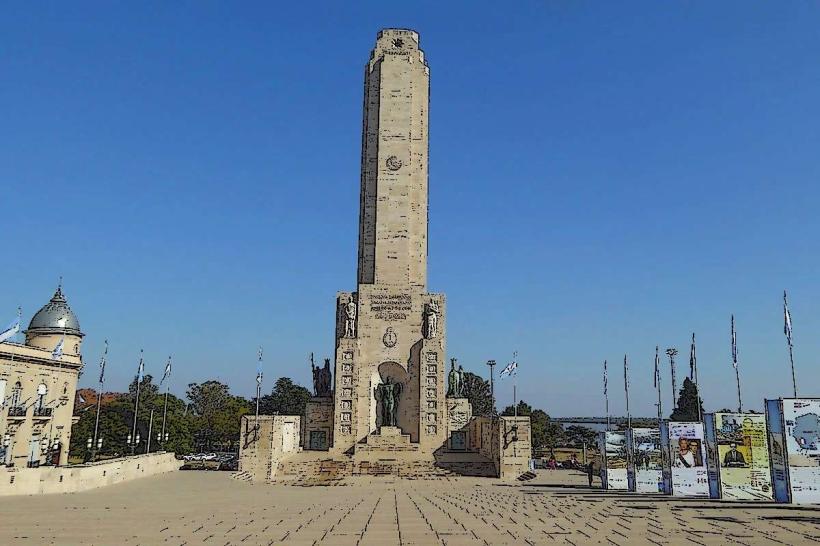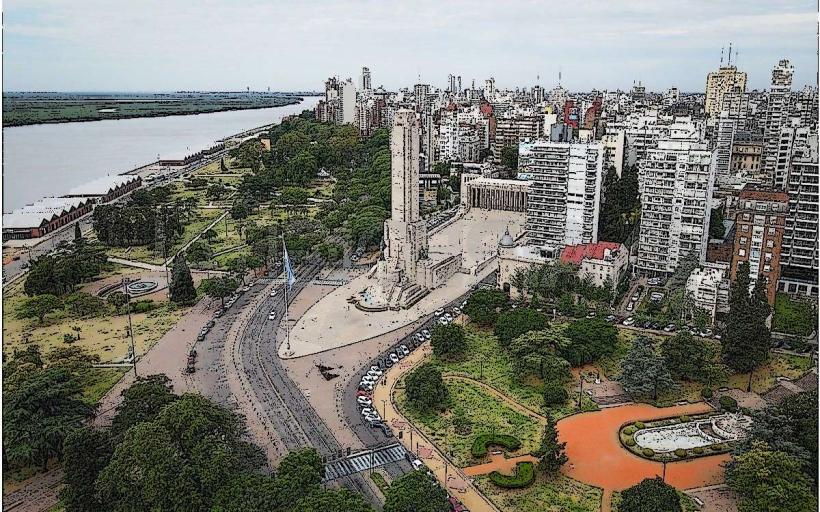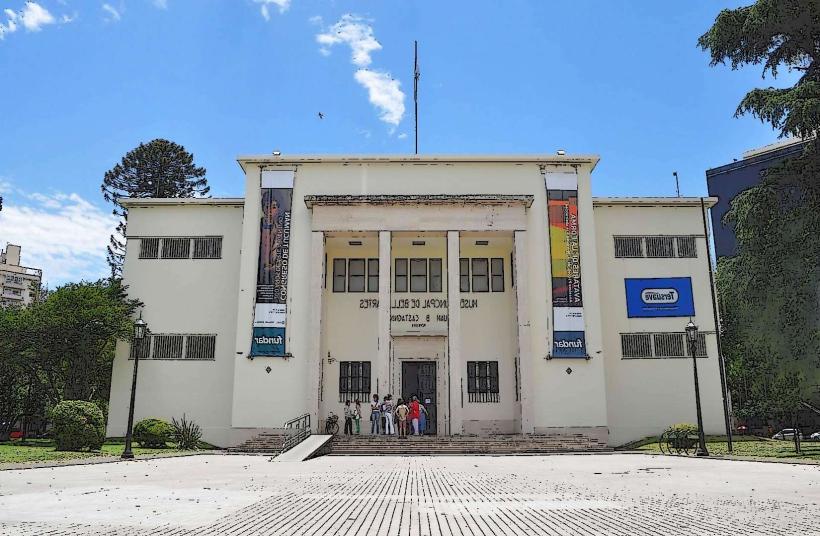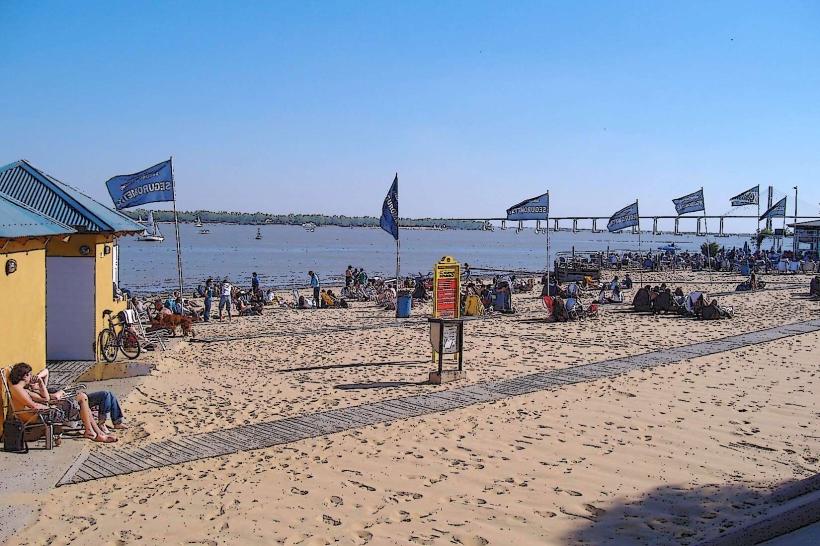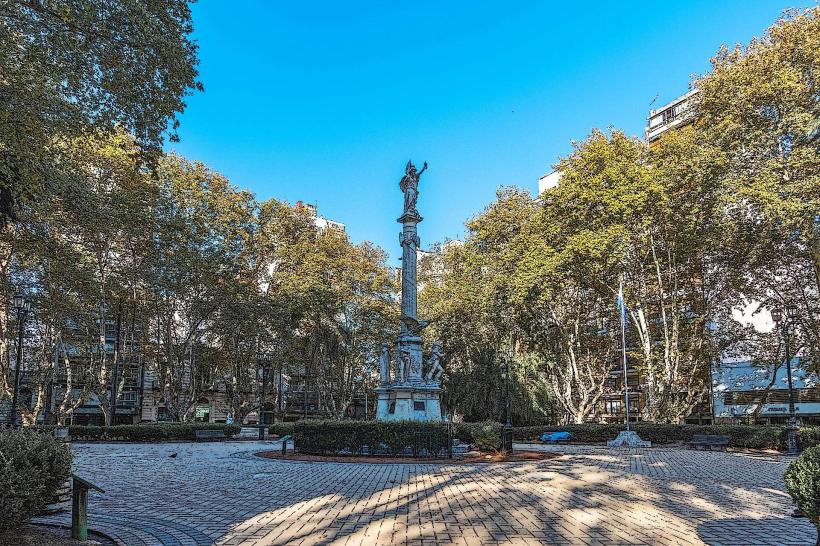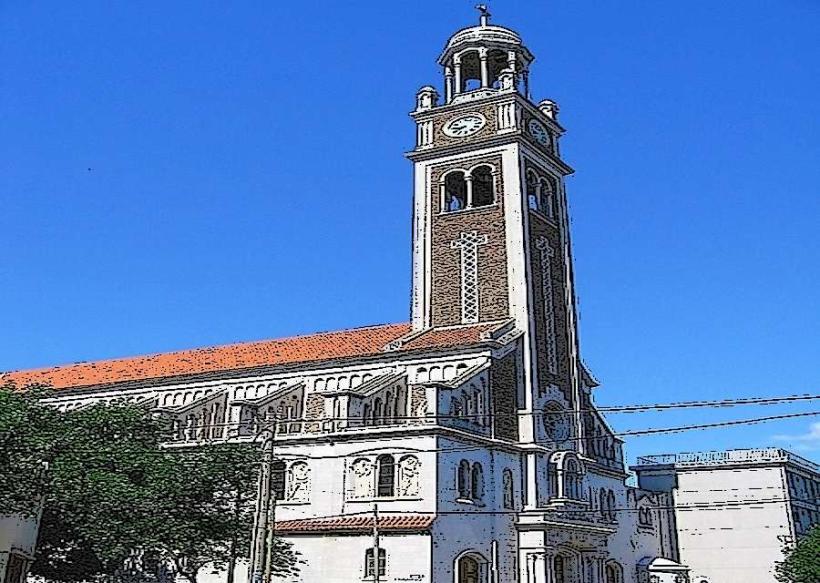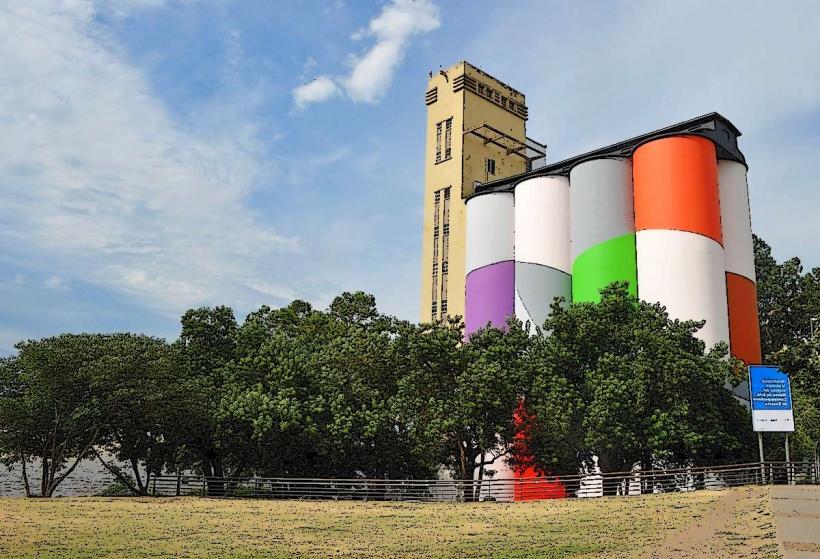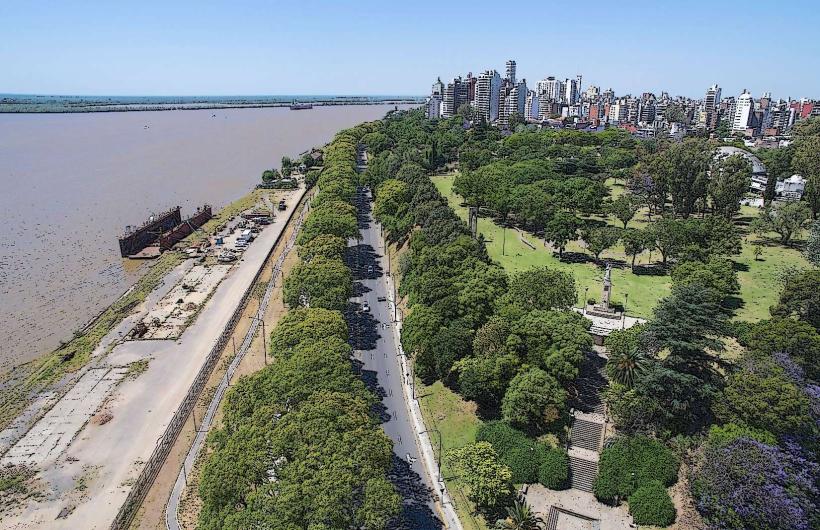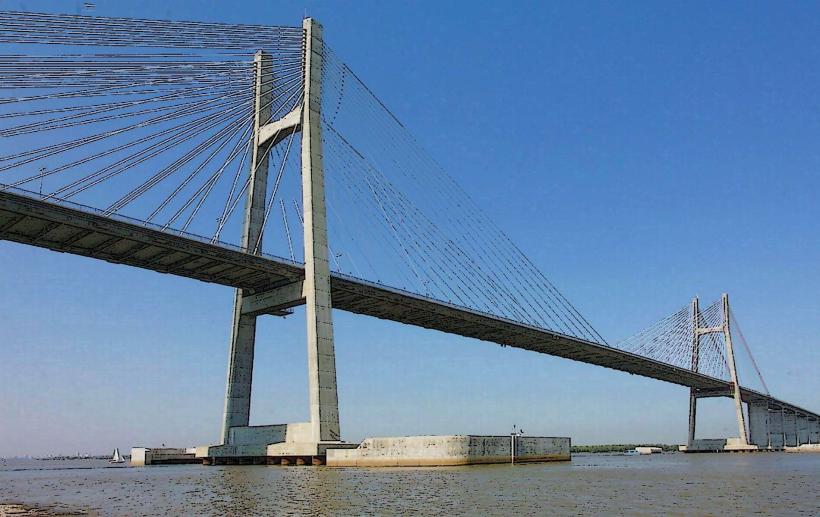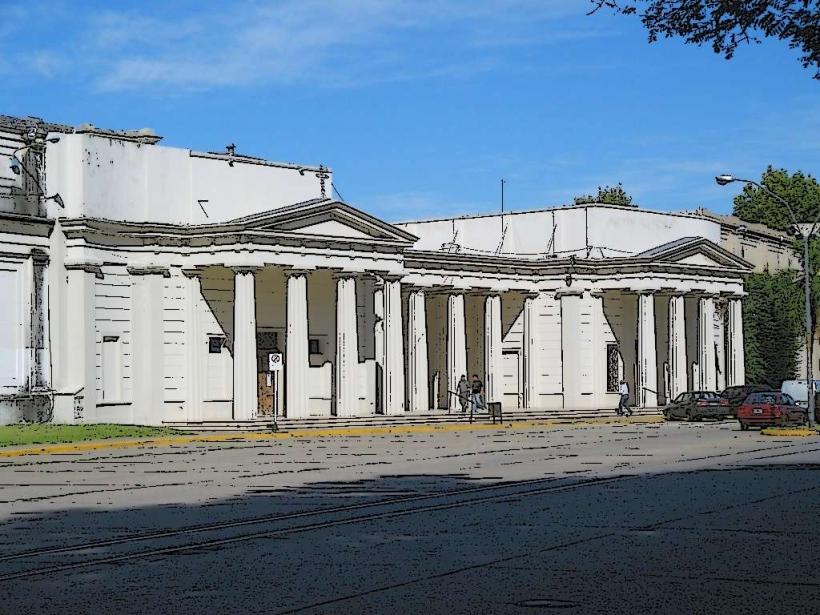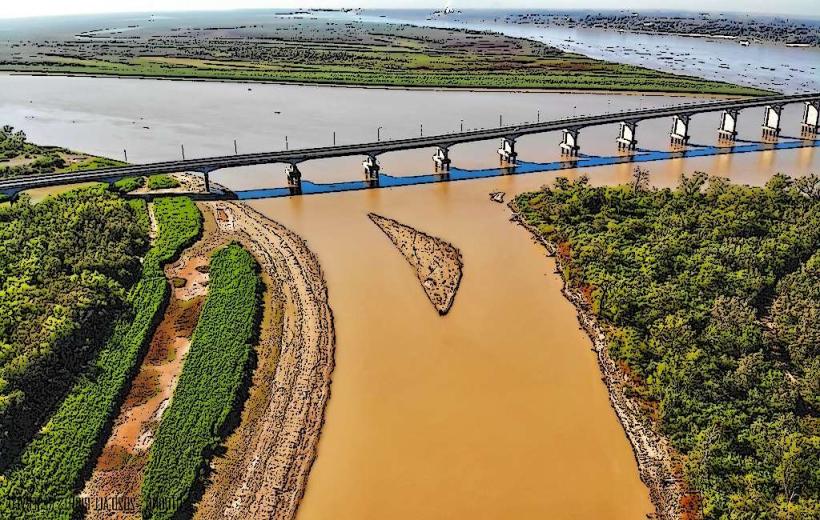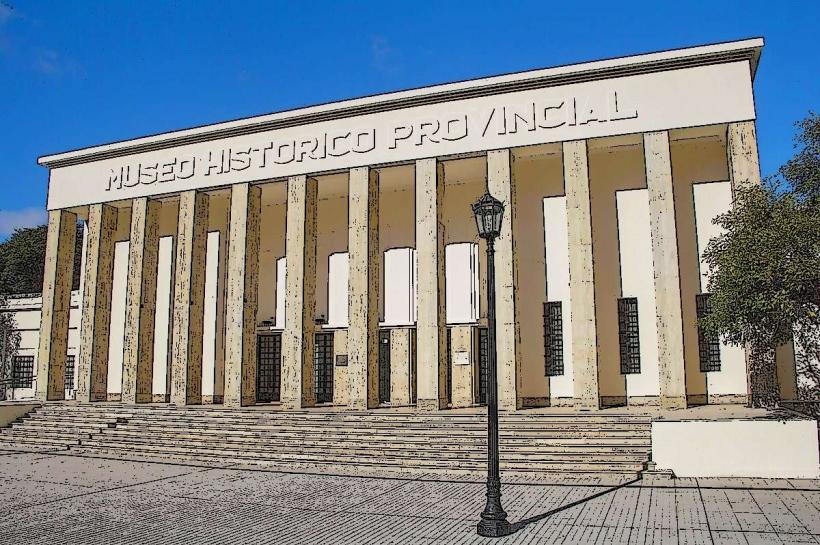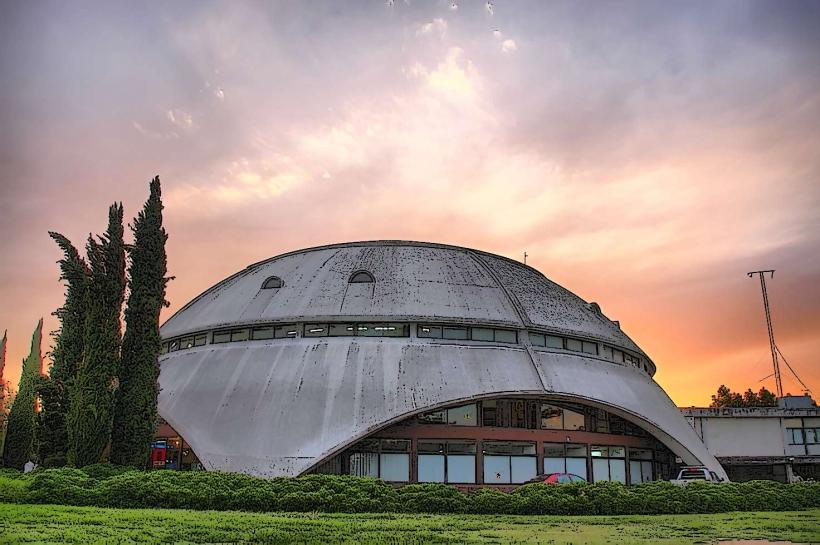Information
Landmark: Parque IndependenciaCity: Rosario
Country: Argentina
Continent: South America
Parque Independencia, Rosario, Argentina, South America
The Cayapas River is a significant waterway located in the Esmeraldas province of Ecuador.
Visual Characteristics
The river's water color varies from a muddy brown to a darker, more opaque hue depending on recent rainfall and sediment load. The banks are characterized by dense tropical rainforest vegetation, including a variety of palm trees, broadleaf plants, and emergent trees. The river width fluctuates, but it is generally wide enough to accommodate medium-sized riverboats.
Location & Access Logistics
The Cayapas River is situated in the northern part of the Esmeraldas province. Access is primarily via boat from the town of Borbón, which is reachable by road from Esmeraldas city (approximately 100km, requiring a 2-3 hour drive on paved and unpaved sections). From Borbón, motor launches and canoes provide transport along the river. There is no direct road access to most of the river's course. Parking is available in Borbón at designated areas near the docks.
Historical & Ecological Origin
The Cayapas River is a natural fluvial system, part of the larger Amazon basin's hydrological network, though it flows towards the Pacific Ocean. Its formation is a result of tectonic activity and erosion over millennia, carving its path through the coastal rainforest. The river basin supports a rich biodiversity, characteristic of a lowland tropical rainforest ecosystem.
Key Highlights & Activities
Boat excursions along the river are the primary activity, offering opportunities to observe wildlife such as monkeys, various bird species, and reptiles. Visits to indigenous communities, such as the Chachi people, are possible via guided tours. Fishing is a common local practice.
Infrastructure & Amenities
Basic amenities are available in towns like Borbón, including small restaurants and lodging. Along the river itself, infrastructure is minimal, consisting mainly of small riverside dwellings. Cell phone signal is intermittent and generally unavailable in more remote sections of the river.
Best Time to Visit
The dry season, from June to December, generally offers more stable river conditions and less rainfall, making boat travel more predictable. The best time of day for wildlife viewing is typically early morning and late afternoon when animals are most active. There are no tidal influences significant enough to impact river access.
Facts & Legends
The Cayapas River is historically significant as a primary route for indigenous groups and early settlers to navigate the dense jungle. Local folklore often speaks of river spirits and ancient guardians of the forest.
Nearby Landmarks
- Borbón (Town) - 5km South
- Canoa Beach - 45km Southwest
- Mompiche Beach - 50km Southwest
- Reserva Ecológica Mache-Chindul - 60km West

